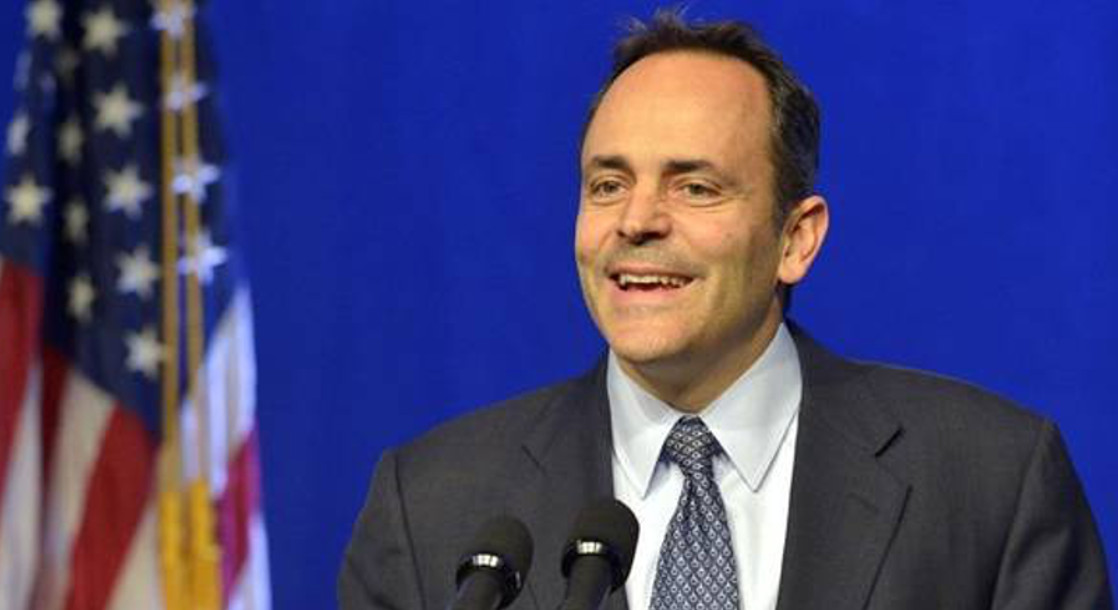Alongside the push for cannabis reform, state and local lawmakers have attempted to right the wrongs of the War on Drugs by creating social equity programs to boost equal involvement in the new industry. Successfully implementing these programs have proven to be easier said than done, however.
Even Oakland – the first city to create a cannabis social justice program – is struggling to meet its goals. Now, two more equity programs in Massachusetts and Los Angeles are facing challenges after policymakers have decided to cut back funding.
On Wednesday, Massachusetts state senators voted against a proposal that would have made no-interest, publicly-financed cannabis business loans available to members of disadvantaged communities.
Steven Hoffman, chairman of the state’s Cannabis Control Commission, said the proposed loan program would have allowed recipients to use business assets, rather than personal assets, as collateral, and pay back the money over a five-year term. The program would have used $1 million in public funds to get started, after which it would be funded by ten percent of the state’s marijuana excise tax, along with private donations.
State Senator Sonia Chang-Díaz, lead sponsor of the legislation, told the Boston Globe that her fellow lawmakers took a “very strong stand” to help foster social equity in the cannabis sector when they drew up adult-use regulations in 2017. So far, the state has failed to meet these goals, and larger out-of-state corporations are already positioning themselves to dominate the local pot industry. State regulators have already issued 19 recreational marijuana licenses, but not a single one of these was given to an applicant from the state’s social equity program.
“As a policy-making body, we have not hit the mark yet,” Chang-Díaz said to the Globe. The senator acknowledged that the inclusion of the new proposal into the state budget was “relatively late,” and added that “it’s an idea that needs more build-out — it needs more vetting.” Cannabis Commissioner Shaleen Title, who was instrumental in creating the state’s social equity program, said that the loan program will be back on the table in the near future.
Across the country, Los Angeles’ cannabis social equity program is also running into funding difficulties. The city’s new $10 billion fiscal year budget only allocates $3 million to the city’s cannabis social equity program, while vastly expanding the amount directed to law enforcement. City police will receive an additional $47 million this year, a 40 percent increase over last year. This amount includes an additional $10 million which is specifically reserved for cracking down on unlicensed weed businesses.
In 2017, the Los Angeles City Council approved a program to offer priority processing and compliance support to applicants from communities most affected by prohibition. Cat Packer, head of the Department of Cannabis Regulation, told the council that the amount allocated for this program was inadequate, and requested an additional $2.25 million.
“Without appropriate funding, the Department will not be able to meet the anticipated demand for program services which will lead to application processing delays,” Packer said, according to Cannabis Wire.











